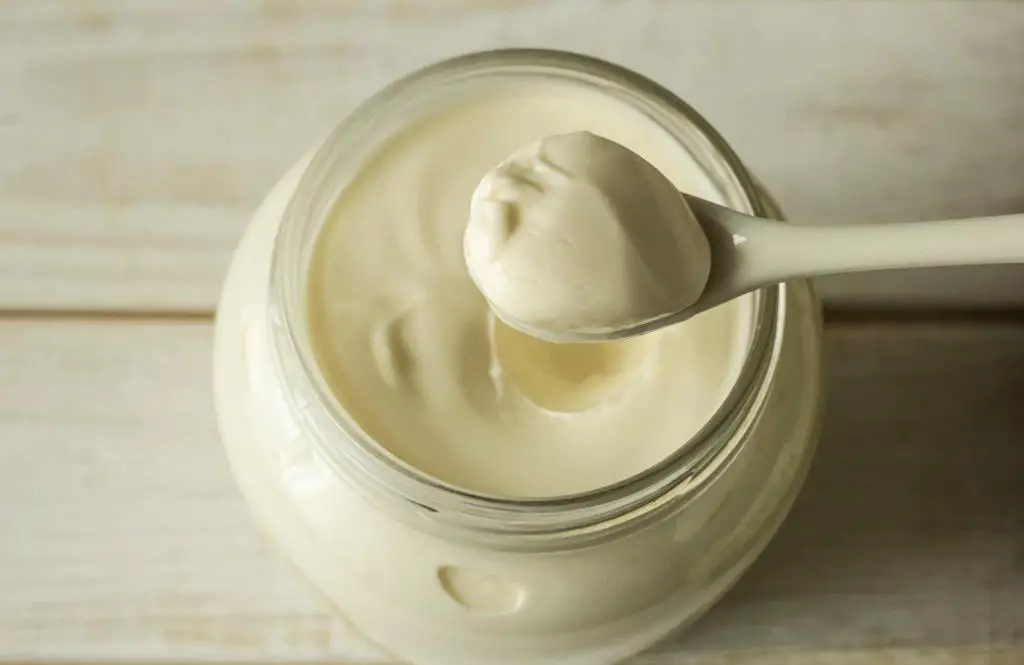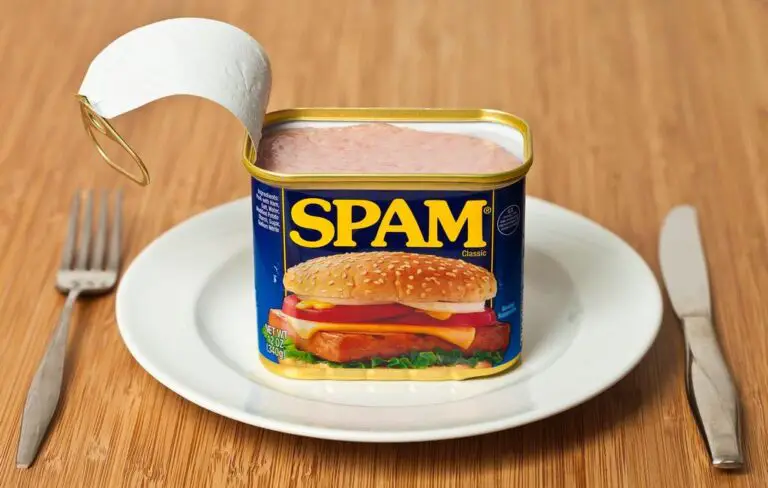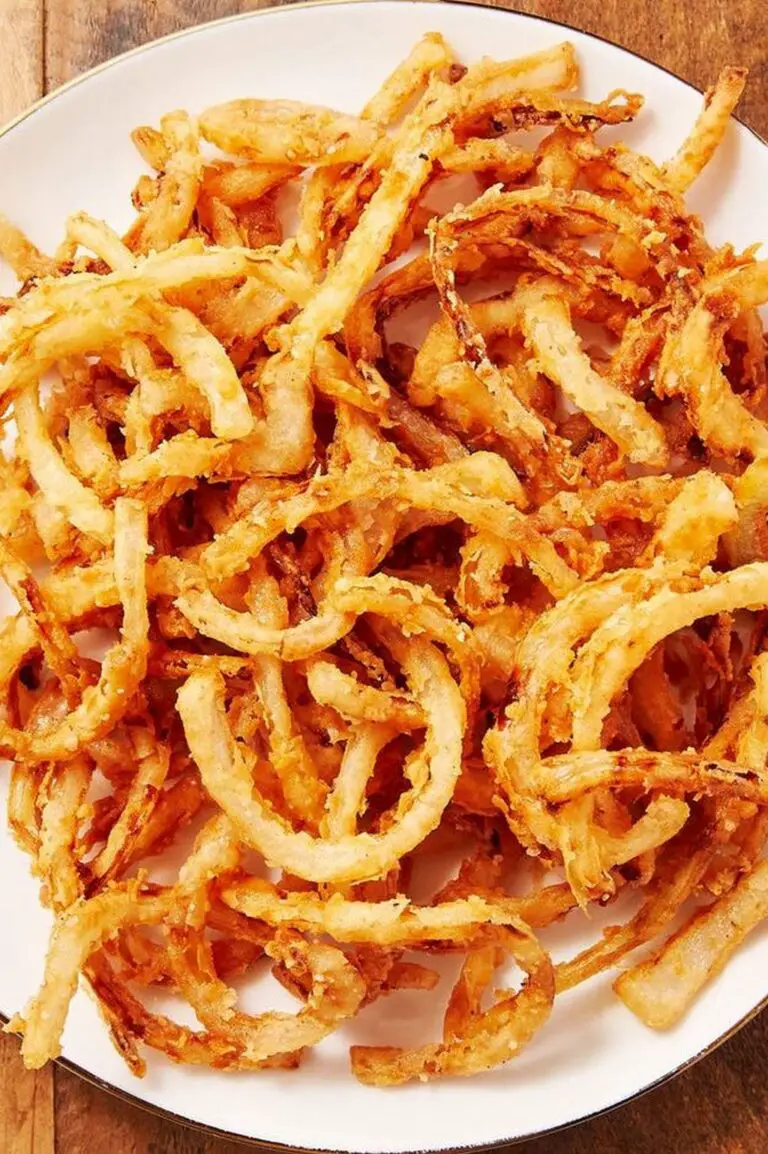What Happens If You Eat Expired Mayonnaise? Still Safe to Consume?

Mayonnaise, the unsung hero of countless sandwiches and salads, adds a creamy twist to our favorite dishes. But what if that familiar jar lurking in your fridge has surpassed its expiration date? The question looms: What happens if you eat expired mayonnaise?
In this culinary exploration, we’ll navigate the twists and turns of expired mayonnaise, dissecting the risks. From the intricacies of mayonnaise shelf life to the subtle signs of spoilage, join us on a journey to uncover the truth behind the safety of eating expired mayonnaise.
Let’s delve into the world of expired mayonnaise to unravel the mysteries and risks associated with indulging in this past-its-prime pantry item.
Why Is Mayonnaise So Popular?
Mayonnaise’s popularity can be attributed to its versatile and creamy nature, making it a staple condiment in many households. Its rich texture complements a wide range of dishes, from sandwiches and salads to dips and dressings.
One of its key attractions is the ability to enhance flavors without overpowering them. It creates a harmonious blend that appeals to various taste preferences.
Furthermore, mayonnaise’s simple yet diverse ingredient list, including eggs, oil, and vinegar, adds to its appeal. This straightforward combination results in a smooth, velvety consistency that serves as a perfect base for countless flavor variations.
Its adaptability allows for creativity in the kitchen, as it can be customized with herbs, spices, or other condiments to suit individual tastes. People of all ages who like food have always liked mayonnaise because it can be used in many ways in cooking and can easily make a meal more enjoyable.
Understanding the Shelf Life of Mayonnaise
To comprehend the shelf life of mayonnaise, it’s essential to recognize that the date on the jar is more than just a guideline—it’s a vital signal of the product’s freshness. Mayonnaise is mostly made up of eggs and oil, which go bad quickly. If you do not store it properly or use it before the expiration date, bacteria can grow in it.
Understanding the expiration date is the first step in ensuring the safety and quality of your mayonnaise. Beyond that date, the texture and flavor may deteriorate, and there’s an increased risk of spoilage.
To maximize freshness, store opened mayonnaise in the refrigerator and always follow the storage recommendations provided on the label. Regularly check for any signs of spoilage, such as an off smell or unusual texture, to guarantee a pleasant and risk-free culinary experience.
Key Factors Affecting Mayonnaise Freshness:
- Storage Temperature: Mayonnaise should be refrigerated at all times. Fluctuating temperatures can accelerate spoilage, potentially compromising its safety.
- Air Exposure: Oxygen can lead to oxidation, affecting the quality of mayonnaise. Ensure the jar is tightly sealed after each use.
- Cross-Contamination: Using a dirty utensil or introducing contaminants into the jar can expedite the deterioration process.
What Happens If You Eat Expired Mayonnaise?

Have you ever wondered about the consequences of eating expired mayonnaise? While it may seem like a minor detail, consuming mayo past its prime can lead to some undesirable outcomes. The expiration date on the jar isn’t just there for decoration; it’s a crucial indicator of the product’s freshness.
The consequences of consuming expired mayonnaise extend beyond a spoiled taste. It’s a gamble with your health, and the odds are not in your favor. So, the next time you contemplate that lingering jar in the fridge, remember: when in doubt, toss it out.
Risks of Consuming Expired Mayonnaise
1. Bacterial Growth
Expired mayonnaise becomes a breeding ground for harmful bacteria like Salmonella and Listeria. These microorganisms can cause severe food poisoning, leading to symptoms such as nausea, vomiting, and abdominal pain.
2. Changes in Texture and Flavor
Over time, mayonnaise may undergo changes in texture and flavor. The once creamy and smooth consistency may turn lumpy, and the taste can become rancid. Consuming such degraded mayo might not pose an immediate health risk, but it certainly won’t enhance your culinary experience.
3. Potential Allergic Reactions
If you have allergies to any of the ingredients in mayonnaise, the risks of consuming expired mayo increase. Allergic reactions can range from mild discomfort to severe responses, so it’s crucial to be aware of your personal sensitivities.
Signs of Spoiled Mayonnaise
Identifying spoiled mayonnaise is essential for preventing potential health issues. Here are signs that your mayonnaise has seen better days:
| Signs of Spoilage | Description |
| Unpleasant Odor | A sour or off-putting smell indicates spoilage. |
| Change in Color | Discoloration, especially a yellow or brown tint, is a red flag. |
| Separation of Ingredients | Visible separation or curdling indicates spoilage. |
| Mold Growth | Any signs of mold are a clear indication that it’s time to discard. |
Making Informed Choices
While the idea of consuming expired mayonnaise might make your stomach churn, it’s essential to make informed choices. If the mayo shows any signs of spoilage, it’s best to err on the side of caution and discard it. The risks of bacterial contamination and foodborne illnesses far outweigh the fleeting pleasure of that questionable sandwich spread.
In conclusion, the safety of consuming expired mayonnaise depends on various factors, such as storage conditions, duration past the expiration date, and your tolerance for potential risks. You may eat unopened, expired mayonnaise for several months, as it poses less risk.
To savor the delightful taste of mayonnaise without compromising your health, adhere to proper storage guidelines and be vigilant for any signs of spoilage. Your taste buds and digestive system will thank you for it.
Remember, when it comes to expired mayo, it’s better to be safe than sorry. Your culinary adventures should be a source of joy, not a recipe for foodborne troubles.
Conclusion
In conclusion, being mindful of the shelf life of mayonnaise is essential to safeguard against the health hazards associated with consuming expired condiments. The effects of indulging in spoiled mayonnaise can extend beyond a compromised taste, leading to potential food poisoning and other adverse consequences. Understanding the risks, including foodborne illnesses stemming from old mayonnaise, empowers individuals to make informed decisions about their dietary choices.
It’s crucial to recognize that the health risks associated with spoiled mayonnaise are not to be taken lightly. The shelf life of mayonnaise is not just a suggestion; it’s a key factor in preventing the ingestion of harmful bacteria.
By staying informed about the expired condiment risks and the effects of consuming expired mayo, individuals can prioritize their well-being and ensure that every culinary experience is a safe and enjoyable one. Remember, a little caution about the shelf life of mayonnaise goes a long way in protecting your health.
FAQs
What happens if you eat expired mayonnaise?
Consuming expired mayonnaise can lead to foodborne illnesses due to bacterial growth, causing symptoms like nausea, vomiting, and diarrhea.
How long does mayonnaise last after the expiration date?
Mayonnaise lasts about 1-2 months past its expiration date if stored properly in the refrigerator.
Are there any home tests to check if mayonnaise is still good?
No reliable home tests exist; it’s safer to rely on visual cues, like changes in color, texture, or the presence of an off-putting odor.
Are there any preservatives in mayonnaise that help extend its shelf life?
Some mayonnaises contain preservatives like vinegar and citric acid, extending their shelf life.
How can I store mayonnaise to ensure it stays fresh for a longer time?
Store mayonnaise in the refrigerator at or below 40°F (4°C) to prevent bacterial growth and maintain freshness.
Are there specific health conditions that increase the risk of consuming expired mayonnaise?
Individuals with weakened immune systems, pregnant women, and those with allergies are at higher risk when consuming expired mayonnaise.
Can expired mayonnaise be used in recipes after thorough cooking to eliminate potential risks?
Thorough cooking might kill some bacteria, but it’s safer to avoid using expired mayonnaise in recipes to prevent potential health risks.






